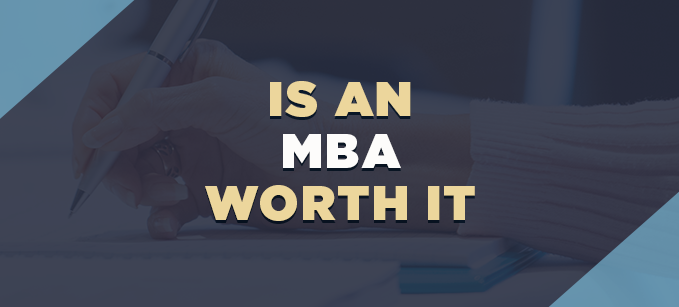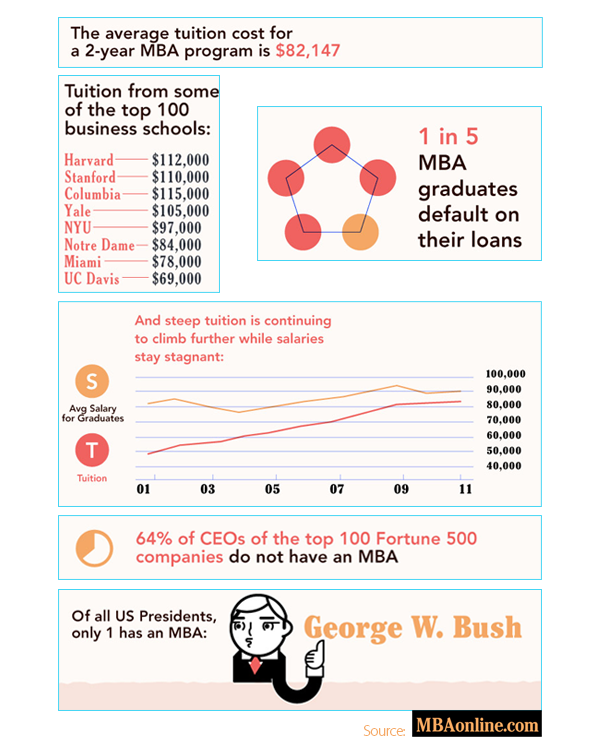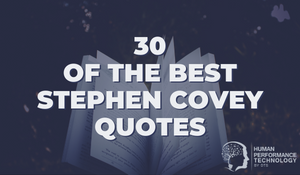Is an MBA Worth It

The Masters of Business and Administration (M.B.A.) It is worth it? The short answer leans towards yes, if you are a certain type of person, and pick a top school. The long answer is yes, no, and maybe that the investment may not be as good as it first seems, and there are many pros and cons to consider if you do not pick a respected school.
In one of the best scenes from Good Will Hunting, Matt Damon, playing Will — a young math genius working as a labourer and janitor in South Boston — comes to his best friend’s aid after he is wrangled into an ‘intellectual jousting match’ with a smug Harvard student. Will intervenes, showing that the student is just quoting someone else’s thoughts verbatim, and then proceeds to ‘school’ him.
“Is that you’re thing? You come into a bar, read some obscure passage, and pretend — you pawn it off as your own idea just to impress some girl and embarrass my friend … in 50 years you are going to start doing some thinking of your own and realise something: you dropped 150 grand on an education you could've got for $1.50 in late charges at the public library.” — Will Hunting

It’s a sentiment shared by many: that formal education (including the MBA) is overrated and overpriced. Marketing guru Seth Godin once remarked, “It’s hard for me to understand why getting an MBA is a better use of time and money than actual experience combined with a dedicated reading of 30 or 40 books.”
The real value, however, of the MBA is not so much about the knowledge or skills acquired — since to get into a top MBA program you need to be a high achiever already — the real value of an MBA is simply having an MBA.
Stated differently; it's much less about what you learn as a part of the program, and much more about what you are able to earn as a result of having been accepted, christened, crowned, and brought into the fold a prestigious institution. Leaving the sanctum and then coming back to spend time with 'normal folk' is probably the next closest thing to experiencing raw aristocratic power in the middle ages.
“Yeah, but I will have a [Harvard] degree, and you’ll be serving my kids fries at a drive through on our way through to a skiing trip.” — Harvard student’s response to Will Hunting

An MBA equips its recipient with the power to open doors to new and better career opportunities and thus usually the increased salary that goes with it. This is the primary reason people go to business school. The other reason of prime importance is networking: access to future ‘C-Suite-ers’ in major companies — contacts that employers know to be very valuable. The better the MBA school = the better the networking and career opportunities.
Despite any kind of ‘reverence’ that the initials M.B.A. might get you in exchanging business cards on the street, hiring managers of the Fortune 100 won't be easily impressed if it's from a run-of-the-mill business school. When it comes to the highest paying jobs in the biggest companies, the reputation of the school matters, a lot. Many believe that MBAs are just not worth the investment unless it’s from a top school like Harvard, Stanford, Wharton, or the London Business School.
Entry requirements are no cakewalk. Most of the top MBA programs require a strong undergraduate degree, managerial experience, a good score on the Graduate Management Admission Test (GMAT), and an impressive resume iced with glowing endorsements.
A number of organisations produce rankings, but the highest ranked Australian MBAs in the world's top 100, according to the 2013 Financial Times Global Rankings, are the Australian Graduate School of Business (AGSM) and the Melbourne Business School (MBS). AGSM ranks at No. 48, and $71,040 for tuition, while MBS came in at No. 62, and $75,000 for tuition. There are no other Australian MBAs listed in the top 100.
Weighing the Pros and Cons of Business School:
Pros:
- Increased pay
- Opens career doors
- Alumni network / make new contacts
- Enter top-tier companies
- Fast-track to the C-Suite (CEO, CFO, COO etc.)
- Enter a new field
- Learning opportunities not available at work
- Proven analytical business frameworks
- Greater self-confidence
- Credibility
- Respect / admiration
Cons:
- Cost ($40,000 – $100,000 AUS / $80,000 – $150,000 USA, depending on ancillary costs)
- Time (2 years full time)
- Lost income for 2 years
- Money could be invested elsewhere (other qualifications, funding a start-up)
- Locked into a high-paying job to pay back any debt (limits career options)
- High pressure study load
- Strain on work-life balance and personal relationships
- It’s still theory, rather than actual experience
- Language barriers - high volume of international students
- Content may be out of date with current developments
- There’s no guarantee you’ll pass
- There’s no guarantee it’s a ticket to a high-paying job
Like all formal degrees, the MBA has its critics, such as Josh Kaufman, the author of the new best selling book The Personal MBA.

Josh has 3 main problems with MBAs:
- They have become so expensive that you must effectively mortgage your life to pay for it.
- They teach concepts that you can learn elsewhere for a fraction of the price.
- They won’t guarantee a high-paying job.
He focuses on one study that found the 10-year 'net present value' (a financial analysis technique) of a top MBA program in the US is approximately negative $53,000. But it's based on a number of assumptions that business schools would dispute. Moreover, Forbes estimates the payback period of an MBA in the top 50 business schools is typically just 3.5 years, including tuition and forgone salary. There’s a bunch of other statistics floating around that may convince you it’s a damn good investment, or a very bad one, depending on how they spin the numbers.
Here are a few interesting stats from MBAonline.com:

According to the Graduate Management Admission Council (GMAC) 2012 Alumni Perspectives Survey, which is based on opinion polls of 4,135 MBA alumni, 75% of alumni from the class of 2011 said they could not have obtained their job without their MBA. Over 90% of the alumni said the job they chose after graduation was exactly what they were looking for and 82% reported their salary met or exceeded expectations. More importantly, alumni 10 years out of school said they nearly doubled their return on investment.
For those less interested in crunching the ROI of an MBA program, and more interested in the education itself, The Personal MBA might be worth a flick through. Despite its title, it's not an MBA-replacement type of book that attempts to replicate the same material in an MBA program. The book is about a small number of core concepts for understanding business. It’s a business 101 book, which can be thought of as a complete foundational introduction to the world of commerce. Josh introduces 5 ‘foundation’ models, plus 226 ‘useful’ models.
The five foundation models are:
- Value Creation
- Marketing
- Sales
- Value Delivery
- Finance
Regardless of what business you are in, you must go through these five steps.
Read more about The Personal MBA on Amazon.
It’s the opinion of this author that many (but not all) formal degrees are overrated and overpriced. Business is business; not medicine, law, or engineering. It doesn't require any specific qualification in order to work for (or start up) a company and become madly successful. The business world may be vastly nuanced with a mishmash of entrepreneurs, venture capitalists, financial traders, property developers, marketers and managers, each with a vocabulary of their own, but all businesses are governed by basic principles concerning accounting, law, common sense, and relationships — principles that are common to and transferrable across all corporate enterprises, regardless of industry.
With that said, the MBA has a very privileged ability to open doors like no other degree. Some believe that it is the price of entry to top-tier jobs. Others say it is NEVER necessary — nobody has to have an MBA to reach the top, as so many CEOs have proven.
No matter which argument you buy into, it would be ridiculous to suggest here that going to business school is always absolutely worthwhile or worthless, because like all purchasing decisions it depends on your personal situation, motivations, and spare change.
An MBA is probably a very good idea for anyone who can easily afford it. Otherwise, if it’s not a clear-cut investment decision, a book like The Personal MBA is a good reference to help weigh the pros and cons.
Topics:
General Business
Theo Winter
Client Services Manager, Writer & Researcher. Theo is one of the youngest professionals in the world to earn an accreditation in TTI Success Insight's suite of psychometric assessments. For more than a decade, he worked with hundreds of HR, L&D and OD professionals and consultants to improve engagement, performance and emotional intelligence of leaders and their teams. He authored the book "40 Must-Know Business Models for People Leaders."

/10%20of%20the%20best%20people%20to%20follow%20on%20linkedin.png?width=374&name=10%20of%20the%20best%20people%20to%20follow%20on%20linkedin.png)

We Would Like to Hear From You (0 Comments)